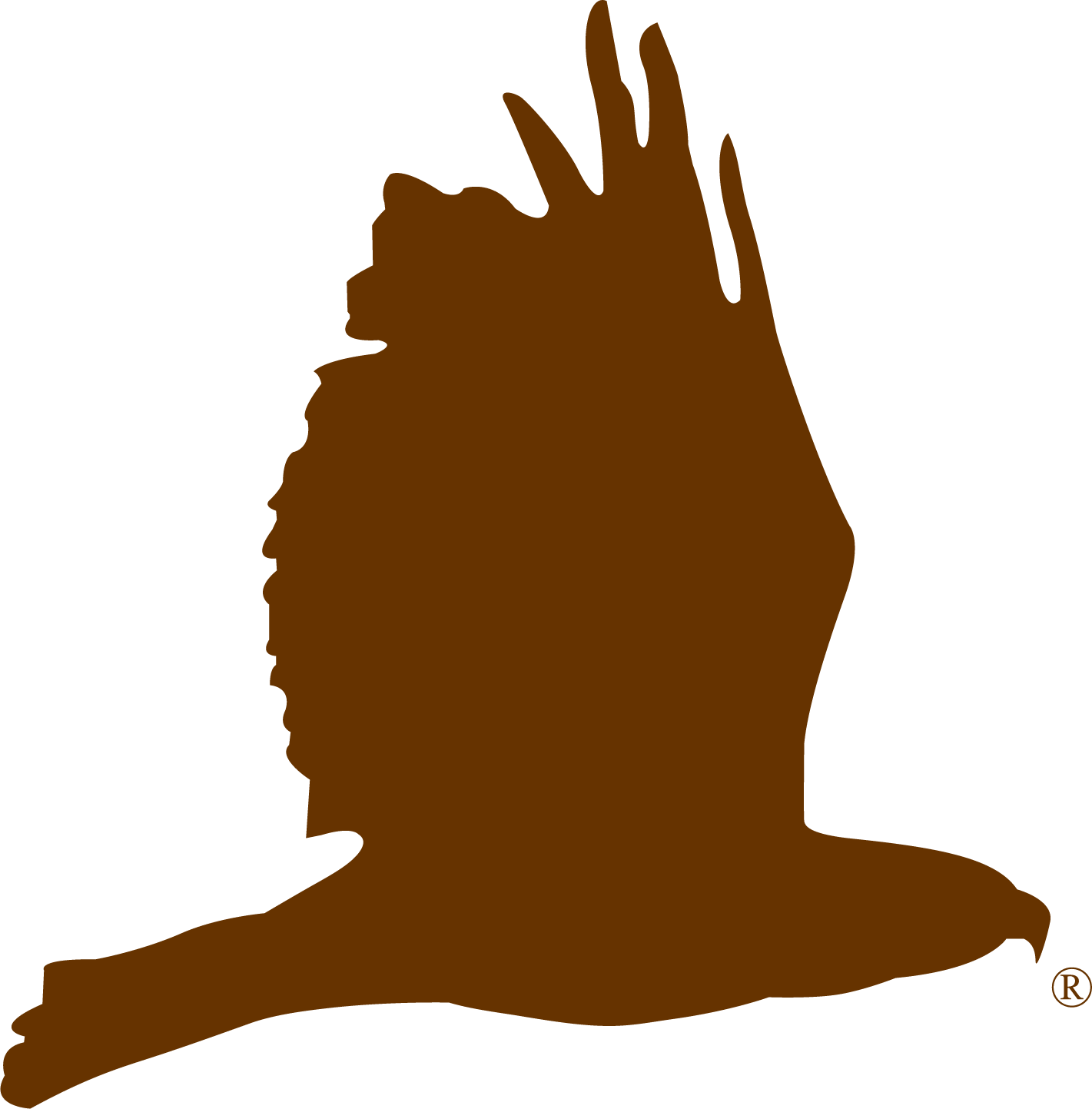If I’m being honest, it’s the call I dread every year….the first baby squirrel call. Now, please don’t misunderstand, I really like squirrels as a species – I even like raising baby squirrels (and, if I say so myself, we’re really good at it); however, raising baby squirrels is a tireless endeavor. Raising baby squirrels effectively signals the end to any sleep over 1-1/2 hours at a time.
So every year, I place a bet with myself about the first baby squirrel call of the year. I usually hope for mid-March. This year, with the extremely cold weather, I thought I had a good chance. I picked March 15th. Darn if I wasn’t wrong!
So MARCH 1ST the first pinkie squirrel call came in. Now fortunate for me, the lady found them in the hood of her EXTRA car and is willing to leave them there until a warm day (very nice lady). We’ve instructed her regarding how to proceed so that, hopefully, Mom squirrel will move the babies to a new nest. Bottom line, I’m still getting more than 1-1/2 hours of sleep at a time. Crisis averted.
But this whole episode prompts me to address what to do if you find a baby squirrel that has fallen out of the nest. First, let me say, NEVER feed it or give it water. The leading cause of death in baby squirrels (and baby birds for that matter) at Flint Creek Wildlife is when well-intentioned rescuers attempt to feed or give water the the squirrel (or bird). Despite best efforts, due to lack of training, food or water gets into the animal’s lungs, causing aspiration pneumonia. The animal almost inevitably dies.
My motto is “one drop of water/milk/food isn’t enough to help but it is ABSOLUTELY enough to kill.”
I know you all think that a baby squirrel cannot go without food or water very long, but you do have a reasonable amount of time. You can’t leave any animals for days without food or water, but you do have up to 24 hours (in general and if the animal is in good condition when found) to get the animal to a rehabilitator…of course, the sooner the better the chances of survival.
On that note, we seldom see animals that die because the rescuer failed to get help soon enough and didn’t feed (starvation and dehydration) while we see animals all the time that die because the rescuer did give food or water.
Lack of food or water won’t kill a baby squirrel as quickly as lack of heat. You must provide supplemental heat to any baby squirrel you find that isn’t yet fully furred. Pink squirrels, gray squirrels without their fur and lightly furred squirrels cannot thermoregulate and require supplemental heat. Until you get the animal to a licensed rehabilitator, please provide supplemental heat (details follow).
Okay, so if you find a baby squirrel, please do the following:
1) If the animal is bleeding, has been attacked by an animal, is cold, is being swarmed by flies or has any bugs crawling on it, immediately follow the rescue instructions below and call a licensed wildlife rehabilitator.
2) If the animal is warm without any signs of injury and isn’t in imminent danger, leave the animal where you found it and immediately call a licensed wildlife rehabilitator.
Rescue Instructions (only when intervention is required)
- Place fleece or other soft bedding (fabric) in a small cardboard or tissue box. The bedding should be snug but not tight and should cover all sides of the baby to help it stay warm and to avoid drafts. Do not use cotton balls, string or other materials that might result in suffocation or entanglement.
- Place the box on a heating pad set on low. Never set the heating pad higher than the low setting. If the squirrel is able to move on its own and the box is big enough, place only half of the box on the heating pad so that the squirrel can get on or off the heating pad as needed. If you don’t have a heating pad, you may warm a Snuggle Safe (heat disc) or a rice bag, but make sure that there are layers of toweling between the baby and any heated object to avoid burns.
- Keep the box/baby out of drafts and in a warm room of your home.
- Get the animal to a licensed wildlife rehabilitation center as quickly as possible.
Flint Creek Wildlife treats many baby squirrels each year. Feel free to call us if you need help, or if you aren’t sure whether intervention is necessary. If we aren’t able to help you for any reason, we will gladly help you find a licensed wildlife rehabilitator who can help.
Thanks for caring,
Dawn
